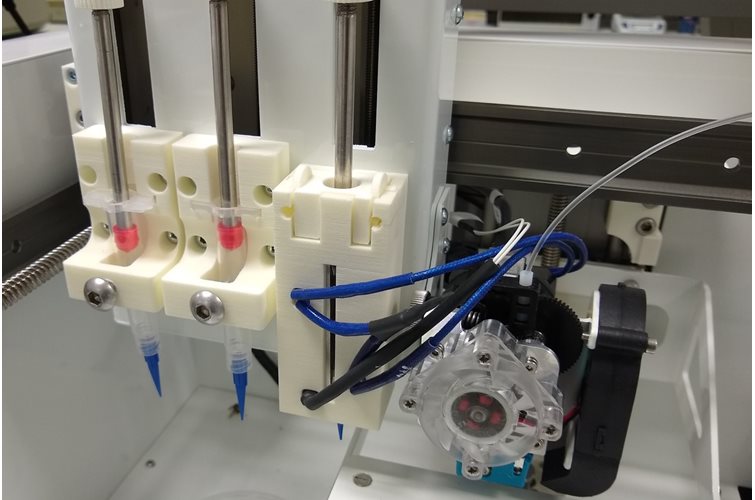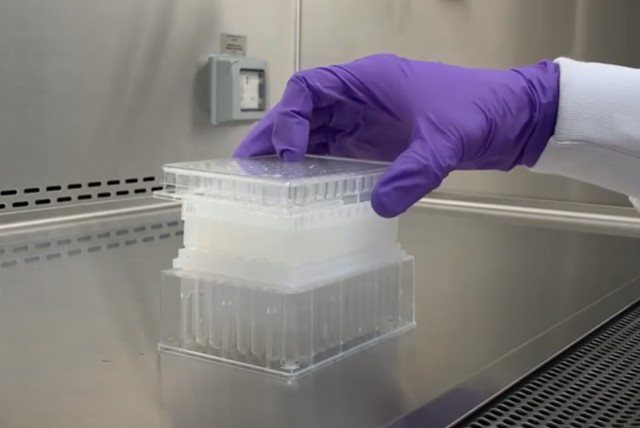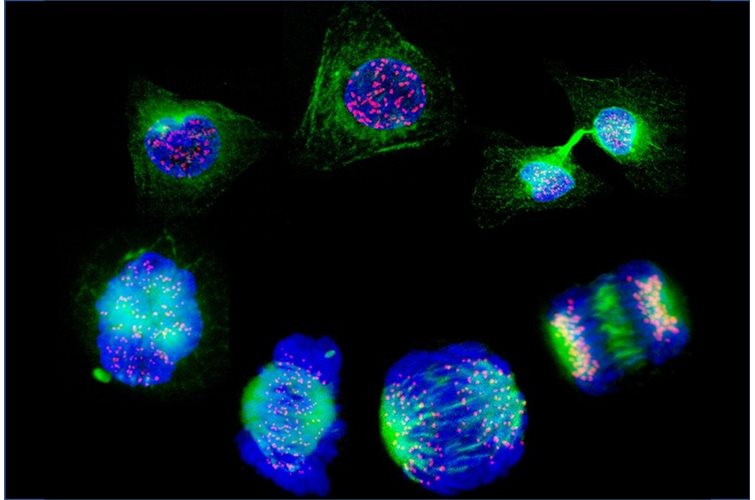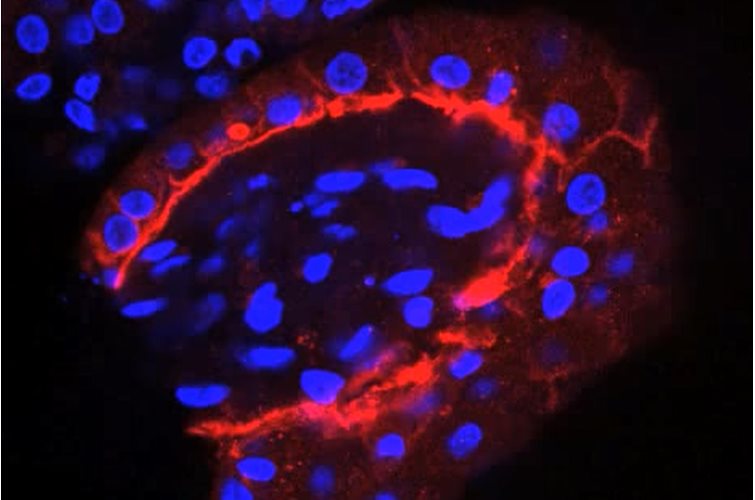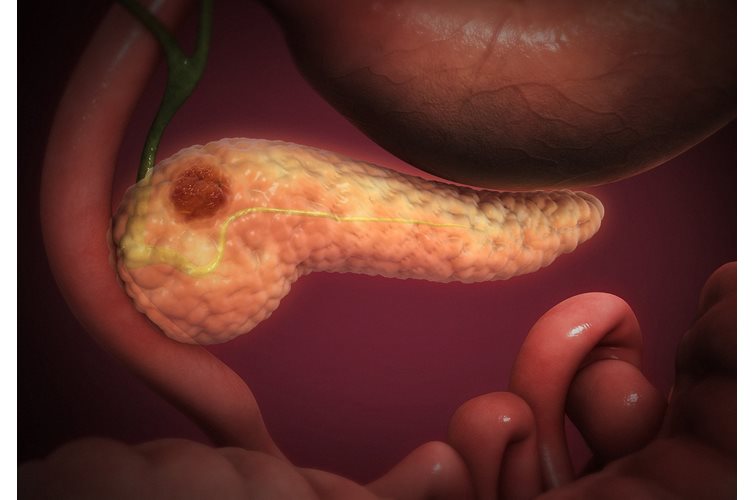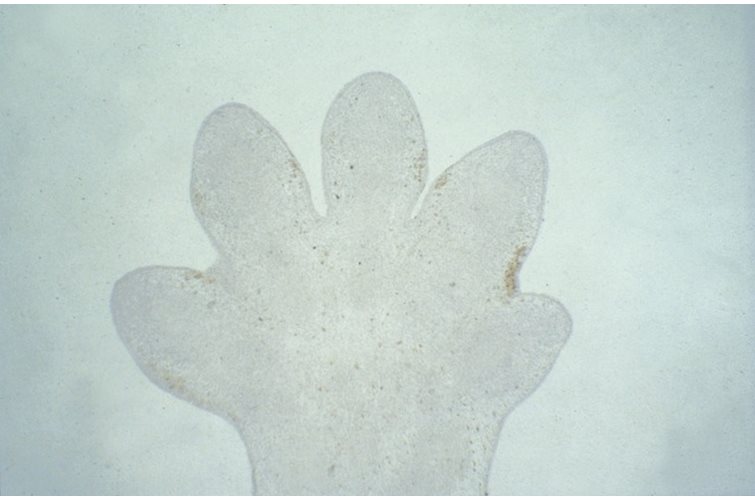PODS prepare macrophages to treat disease
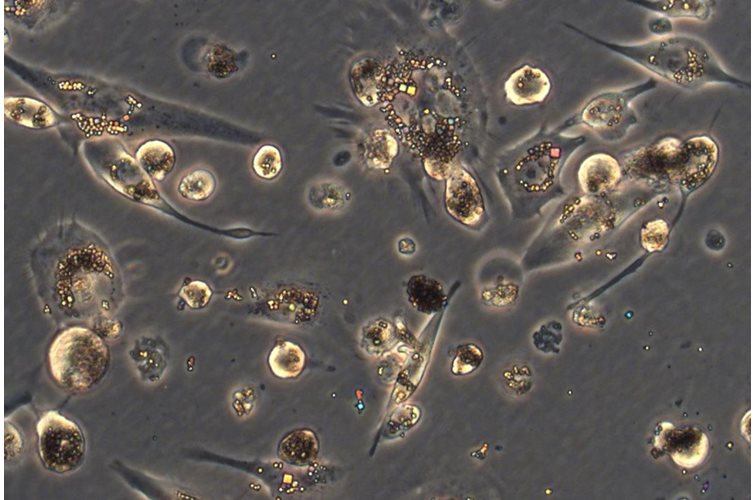
Cell Guidance Systems Ltd, a specialist in the control, manipulation and monitoring of cells, both in vitro and in vivo, today announced its POlyhedrin Delivery System (PODS) technology has been shown to modulate macrophage secretion profiles with therapeutic potential. The results of this research are available as an unpublished preprint in bioRxiv1.

